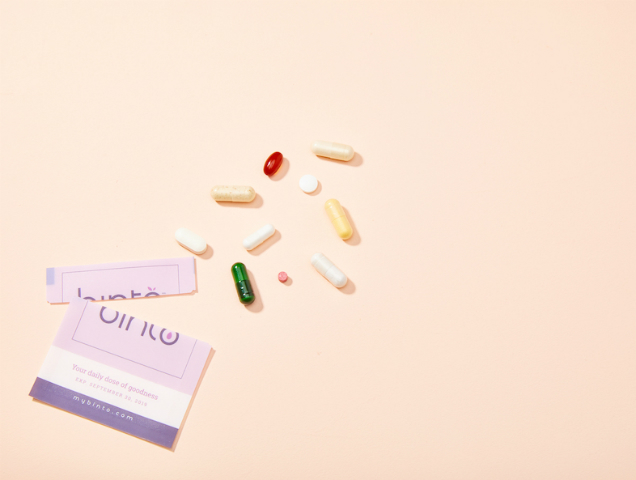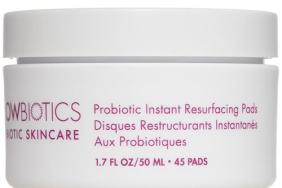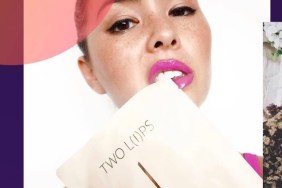Vaginas. You know if you have one, but do you know how it works? Could you point to it on a picture of female genitals? The average woman (let alone man) is in the dark about her own body, according to some professionals.
“Most women in the US and around the world don’t even know how their own body works,” says IVF nurse and CEO/founder of BINTO, Suzie Welsh. “One of the most important things for women to understand is the menstrual cycle and its various stages because if you know this, you can pick up certain signals from the body and you begin to know what different symptoms mean.” These symptoms may relate back to fertility but also relate to basic vaginal care.
“A healthy vagina is an ecosystem,” says Jenna Ryan, CEO/founder of Uqora. “We talk about vaginal health issues as if they’re isolated issues … how to treat yeast infections, how to avoid bacterial vaginosis, what to do if you’re getting recurring UTIs. But so often these issues are all interconnected.”
For example, once you get a UTI, you need antibiotics to treat the infection. Antibiotics often lead to yeast infections, since they strip the vagina of all of the bad bacteria responsible for the UTI, says Ryan, but also the good bacteria responsible for regulating a healthy vagina. “A lot of vaginal health issues have this cascading effect that can create a nasty, infinite loop of vaginal health issues,” she adds.
There are some basics all women should bear in mind, according to Ryan. The most important: showers are better than baths, douching is a hard pass and be picky about body washes down there. “A lot of clinicians would tell you that rinsing with water is enough, but if you want to wash with something other than water, choose a product that’s formulated with your vaginal pH in mind,” says Ryan. Welsh adds that you should just wash the outside of the vagina, try to only use organic cotton period products and remember that your vagina doesn’t need to smell like a tropical island.
Diet can also affect your vaginal health. “If you’re struggling with yeast infections, it might be worth exploring a low-sugar, anti-inflammatory diet that promotes foods that rebalance bacteria in the gut and the body,” says Ryan. “If you’re also struggling with UTIs, diet can help promote urinary health too. For urinary health, avoid foods that can increase the acidity of urine, which can both exacerbate any existing bladder pain, as well as make it easier for bacteria to thrive, potentially causing a new UTI.” She also points to research that shows that reaching for polyphenols, a specific type of antioxidant that is converted into helpful compounds that bind iron, stopping it from fueling bacterial growth, can be helpful. “Blueberries and dark chocolate are an excellent source of polyphenol antioxidants.”
Supplements are also worth considering. The best supplements for vaginal health are probiotics. “You want to look for specific Lactobacillus strains — rhamnosus and reuteri. These are the strains that help support and promote good vaginal bacteria that keep your vaginal health in check, and can even help prevent yeast infects and UTIs,” says Welsh. “You also want to find a supplement that contains prebiotic fiber and one that uses a capsule that ensures the probiotic reaches the large intestine.”
Check out our slideshow above to see the brands leading the pack when it comes to new wave vaginal care.
[ Next: Does Celery Juice Live Up to the Superfood Hype? ]
Emerging Wellness Trend: Vaginal Self-Care
-
BINTO
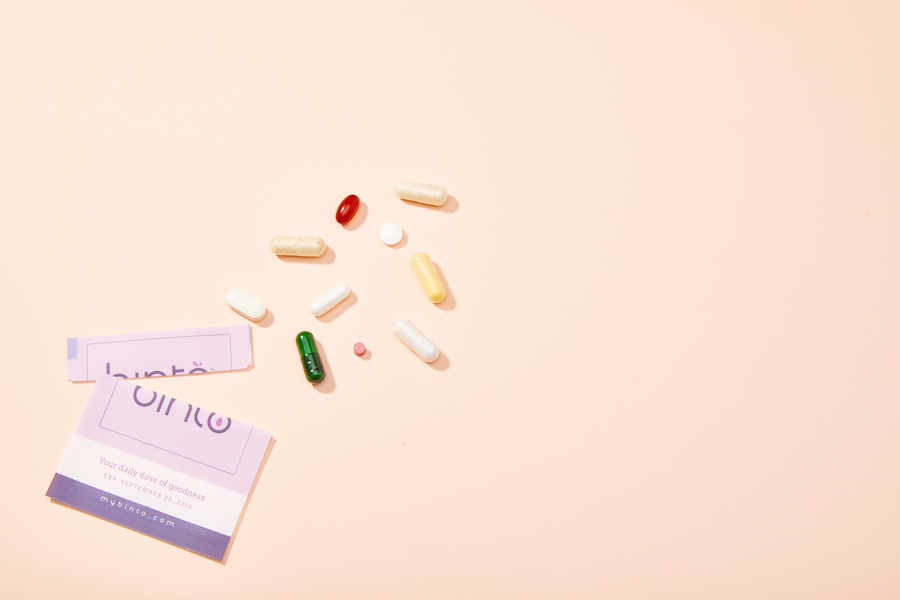
BINTO is a women’s health company that connects users to health professionals to get personalized, subscription-based OTC products. Among their supplements is a women's probiotic that specifically targets gut health and helps prevent UTIs and yeast infections.
-
Fur
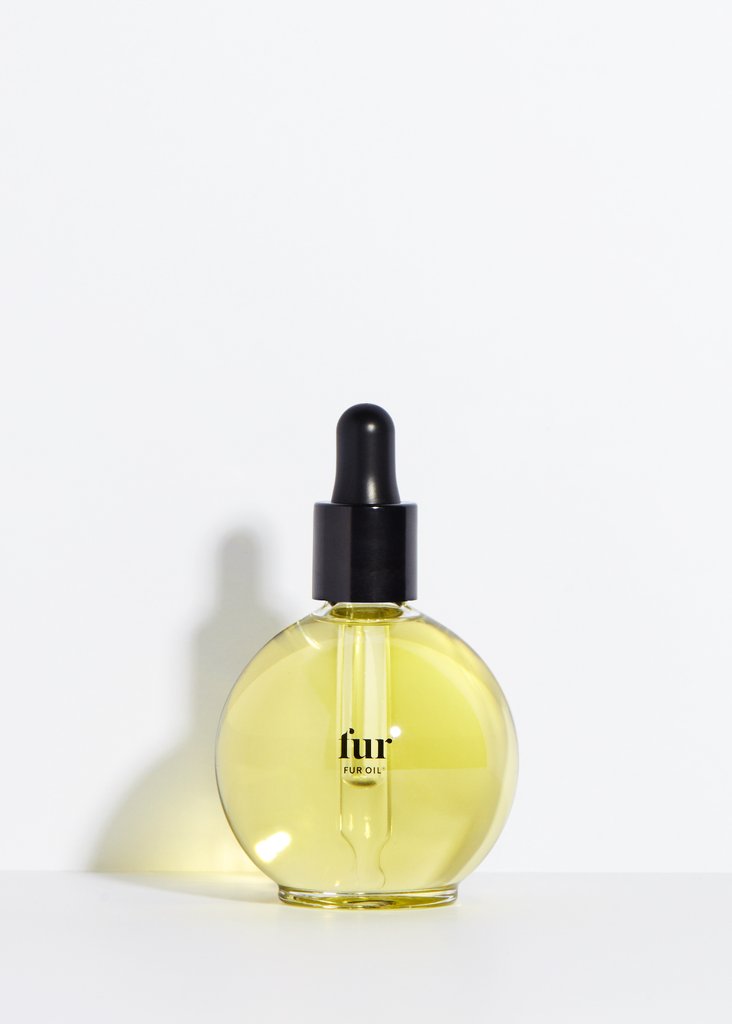
Fur makes gentle, acid-free products designed to treat and prevent ingrown hair. Their products include oil, stubble cream, ingrown concentrate and scrub.
-
Queen V
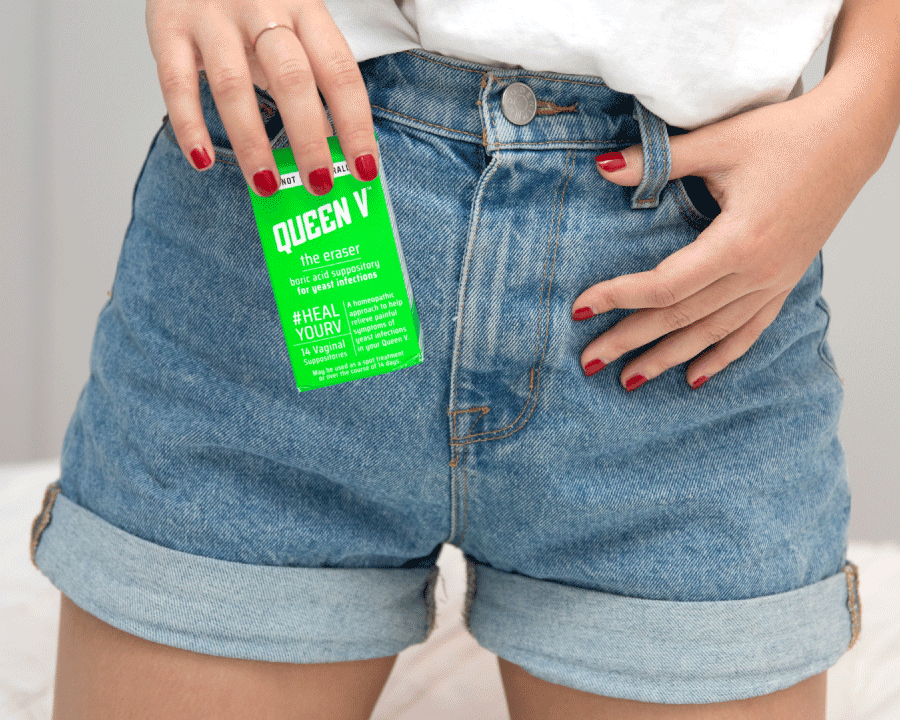
Founded by a 24-year-old entrepreneur, Queen V offers a range of pH-friendly vaginal products including soap bars, wipes and probiotics.
-
Elle by Nelly De Vuyst BioFemme

Elle by Nelly De Vuyst BioFemme is an organic feminine care line that makes a range of products including those that aid in the relief of yeast infection-related discomfort.
-
Uqora
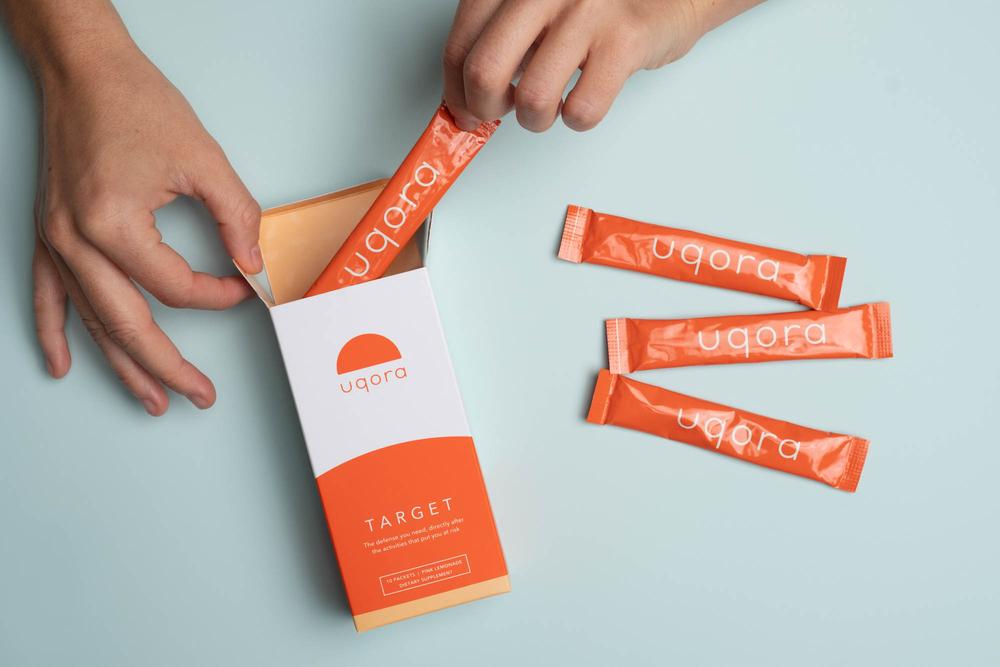
Uqora is a brand focused on UTI prevention. They make a prevention powder formula with vitamins and other natural, vegan, gluten- and sugar-free ingredients designed to flush out bacteria introduced by specific activities, like sex, exercise and travel. They also make a supplement made with UTI-fighting ingredients to prevent the infections that seem to come out of nowhere.
-
The HoneyPot
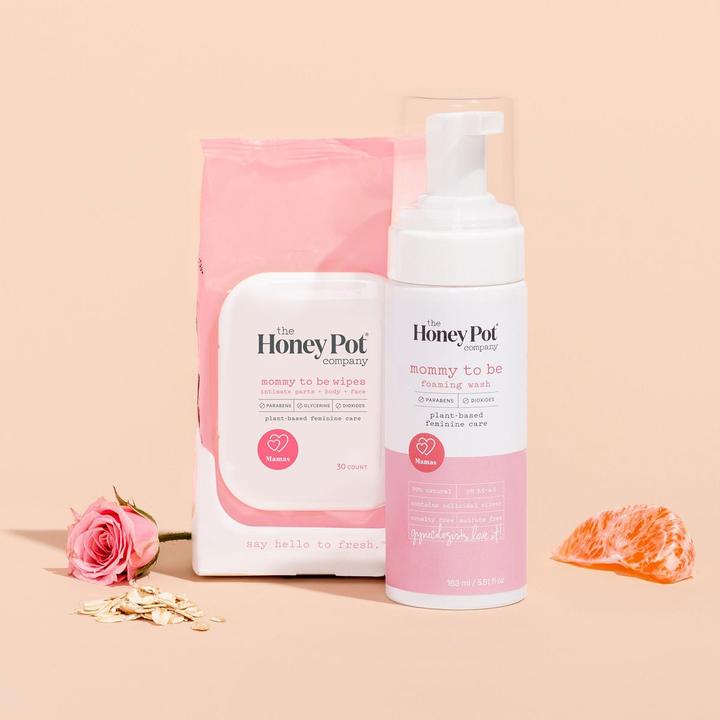
All of HoneyPot's products are clinically-tested, gynecologist-approved and made with 100 percent natural ingredients. Their range is divided into three ranges: normal, sensitive or mother-to-be.
-
Goodwipes

Goodwipes is an affordable line (available at Target) of flushable, pH-balanced feminine hygiene wet wipes, which come in a variety of scents and are formulated with aloe vera and vitamin E.
